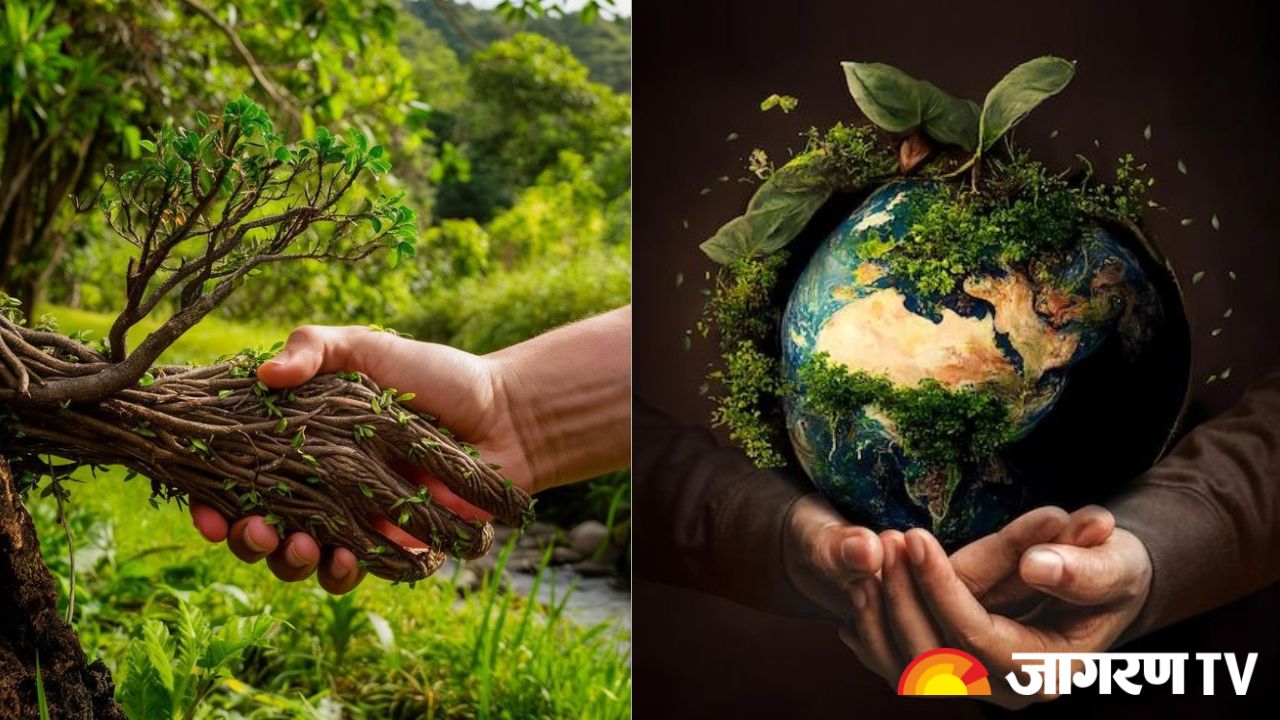World Book and Copyright Day 2025: Challenges Posed By AI To Copyright Infringements

World Book and Copyright Day 2025: UNESCO identified 23 April as the World Book and Copyright Day to “promote the enjoyment of books and reading.” The date is a symbolic date in the field of literature, as many prominent writers were birth or left the world on this date. William Shakespeare, Miguel de Cervantes, and Inca Garcilaso de la Vega died on 23 April. The day is to celebrate the three major sectors of the book industry - publishers, booksellers, and libraries.
Copyright is a legal framework that protects the book ecosystem and helps authors and publishers to thrive with their literary works by investing money and skills.
Today, we live in the age of Artificial Intelligence, where writing is getting authored and published by an AI assistant, blurring the lines of original creativity and ownership. AI is posing new challenges to copyrights and infringements with AI-generated works often created by using vast databases, which may or may not have copyrighted material, raising questions about fair use.
freelance artists vs AI art generators ⚔️ pic.twitter.com/rc9tl0WGQf
— sloan (@rookiesigns) March 3, 2025
Let’s delve into some of the most pressing challenges that AI is posing to books and copyrights today.
Challenges Posed By AI To Copyrights
Ownership and Authorship
Under contemporary copyrights framework, the law assumes the creator or writer to be a human but with AI generated content where a programmer, user and the owner of the AI are three simultaneous people in the part of writing then it raises the question of whether AI can be labelled as the author and then who owns the content.
Originality
AI’s job is to use the extensive existing data on the internet to create a new answer to the specific prompt assigned to it. In this case, it may or may not be lifting material from the already existing works or picking exact words and lines from the original to suit the demand of the one giving the prompt. So, here, concerns arise about whether AI can truly create original content.
AI vs Art! pic.twitter.com/4wsS2fOQxX
— Shikhar (@ViewFromShikhar) March 28, 2025
Stagnant Legal Regulations
The traditional copyright laws or the existing legal framework surrounding copyrights are not fit to work with the presence of AI. Hence, AI is not yet accommodated in the legal frameworks that protect the original creativity of the artist.
AI poses not just unidirectional but multidimensional challenges to the concerns of copyrights, which require legal and technological adaptation to find an equilibrium between intellectual property and fostering innovation in the age of AI.









